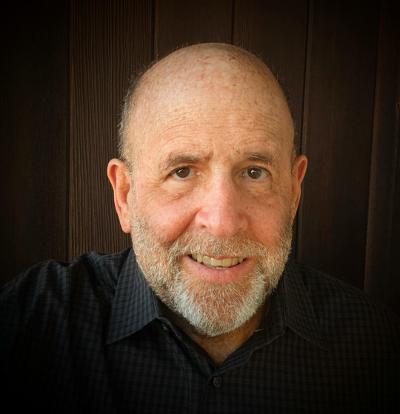
Andrew Malekoff
November 22, 2023 marks the 60th anniversary of the assassination of President John F. Kennedy.
At the time I was 13 years old and sitting in my 7th grade English class. It was 3:00 p.m., just before school dismissal on a Friday afternoon, when the devastating news came through the classroom intercom.
Debriefing and grief counseling are common practices in schools today, but were not openly offered in the ‘60s as far as I can recall. Now mental health support is a staple in almost every school district in America given the growing number of traumatic events and tragedies that so many have endured.
ZERO FAIL
It feels like I have been privately debriefing that fateful day in 1963 for the last 60 years – the shock, the loss, and endless conspiracy theories.
Perhaps this is why, when searching for my next book to read this past summer, “Zero Fail: The Rise and Fall of the Secret Service” by Washington Post journalist Carol Leonnig was my choice.
Previously, I had not given much thought to the Secret Service. I was aware of their mission: protection of the president, vice president and others; and investigations into crimes against the financial infrastructure of the United States.
Leonnig provides historical background on the evolution of the Secret Service, including chilling illustrations of breaches of security and assassination attempts under multiple republican and democrat presidential administrations.
In a few of the stories, special agents seem like Keystone Kops – amusingly incompetent policemen featured in silent film slapstick comedies.
However, the circumstances Leonnig describes are more harrowing than comical. In two instances deranged men made it easily inside the White House by foot, one hopping a fence surrounding the grounds’ perimeter.
Leonnig paints a troubling portrait of a government institution charged with protecting the president and others that is underfunded, disorganized, undisciplined, and at times out of control.
At the same time, she acknowledges the dedicated, hardworking, diligent, ethical, professional, and heroic special agents doing their best every day to honor the mission. There is a clear disconnect between individual agent ability, ambition and aspiration, and disparate organizational structure and values.
In the Secret Service hierarchy, loyalty is valued above all else. This has proven problematic as too often when mistakes are made, they are rationalized, minimized, swept under the rug, or finessed to lessen individual or group accountability.
Covering up mistakes only serve to obscure systemic problems, making reform more difficult, and errors intractable.
Making the job even more challenging are the times when a president dodges protection: “How could you protect a president who didn’t want to be protected?” For example, presidents Kennedy and Clinton were notorious womanizers who often played “cat and mouse” games to shake free of the Secret Service on the way to their amorous rendezvous.
To better understand the challenges the Secret Service faces, Leonnig cited an ethnographic study conducted by Dr. Frank Ochberg. He concluded that “The highest stress levels resulted not from any particular activity in the line of duty, but rather from the Service’s rigid, authoritarian management style.”
Despite its rigidity, the Secret Service must maintain the flexibility necessary to modify and adapt its practices in the aftermath of breaches. To illustrate Leonnig cited Rick Ahearn, lead White House advance man for President Reagan.
“The Secret Service changed policies and protocols after every shooting incident,” advised Ahearn. “After Kennedy’s assassination, we don’t have any open-top limousines anymore. After the George Wallace shooting, when he just waded into a crowd…that led to the use of more (uniform) rope lines to control the crowd. And after March 1981 (when an attempt on President Reagan was made), you couldn’t get within handgun range of the president.”
THE SECRET SERVICE AGENT AND THE FIRST LADY
My enduring memory of November 22, 1963 brings me to a reflection shared by a journalist, a close friend of Jacqueline Kennedy, that was included among a compilation of recollections upon the First Lady’s passing in 1994.
What I like most about this reflection is that it reveals a lesser-known and more informal role, a different side if you will, played by a particular secret service agent in the lives of the grieving Kennedy family.
During the JFK White House years, special agent Clint Hill was assigned to protect the First Lady. He continued in that role for one more year after her husband’s death. He developed a close relationship with Mrs. Kennedy’s three-year-old son John-John.
Aside from the physical protection he provided, Mrs. Kennedy told her journalist-friend that she was especially grateful to the special agent for engaging in conversation with her about how he was coping in the aftermath of his tragic loss.
She told her journalist-friend how much these conversations meant to her ever since (and I paraphrase here) “I lost my husband and no longer had anyone to have those kinds of conversations with.”
Often, these days, I feel like we have lost the America we once knew, along with the ability to have meaningful conversations with one another.
Perhaps we first need to grieve and find room for a fresh start.
When we do, it is important that we understand that for a democracy to work there must be an agreement among people with differing views that they will abide by the facts.






